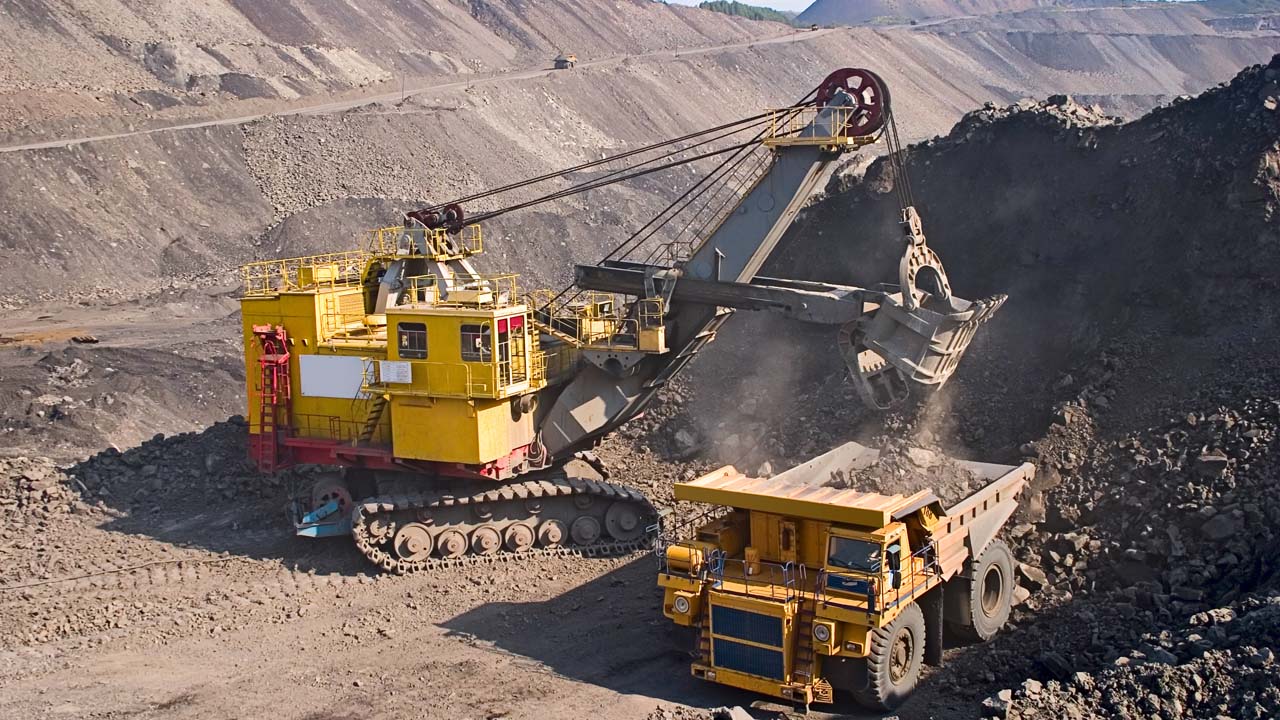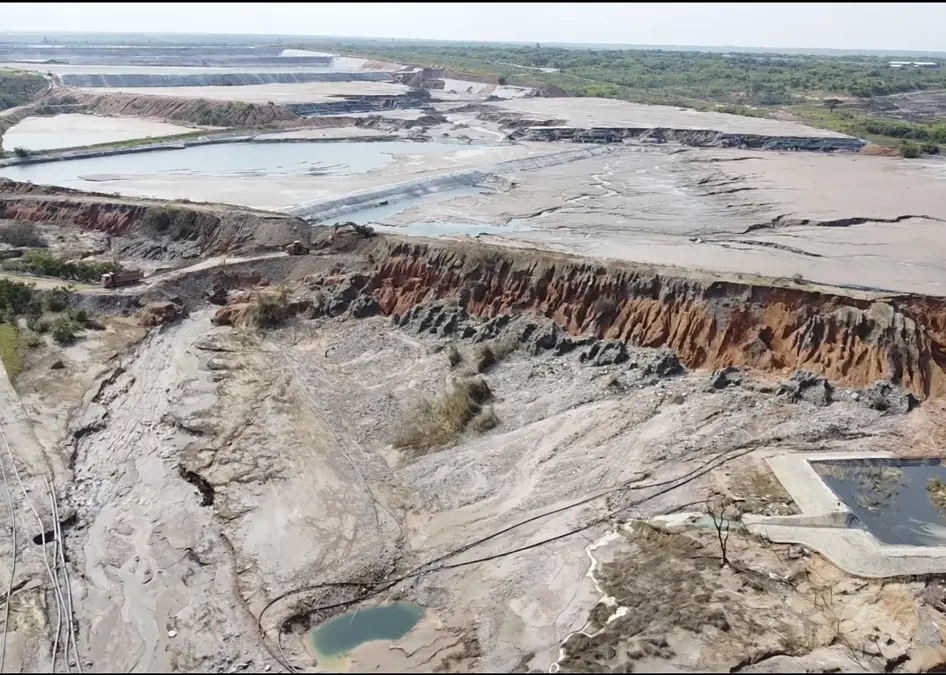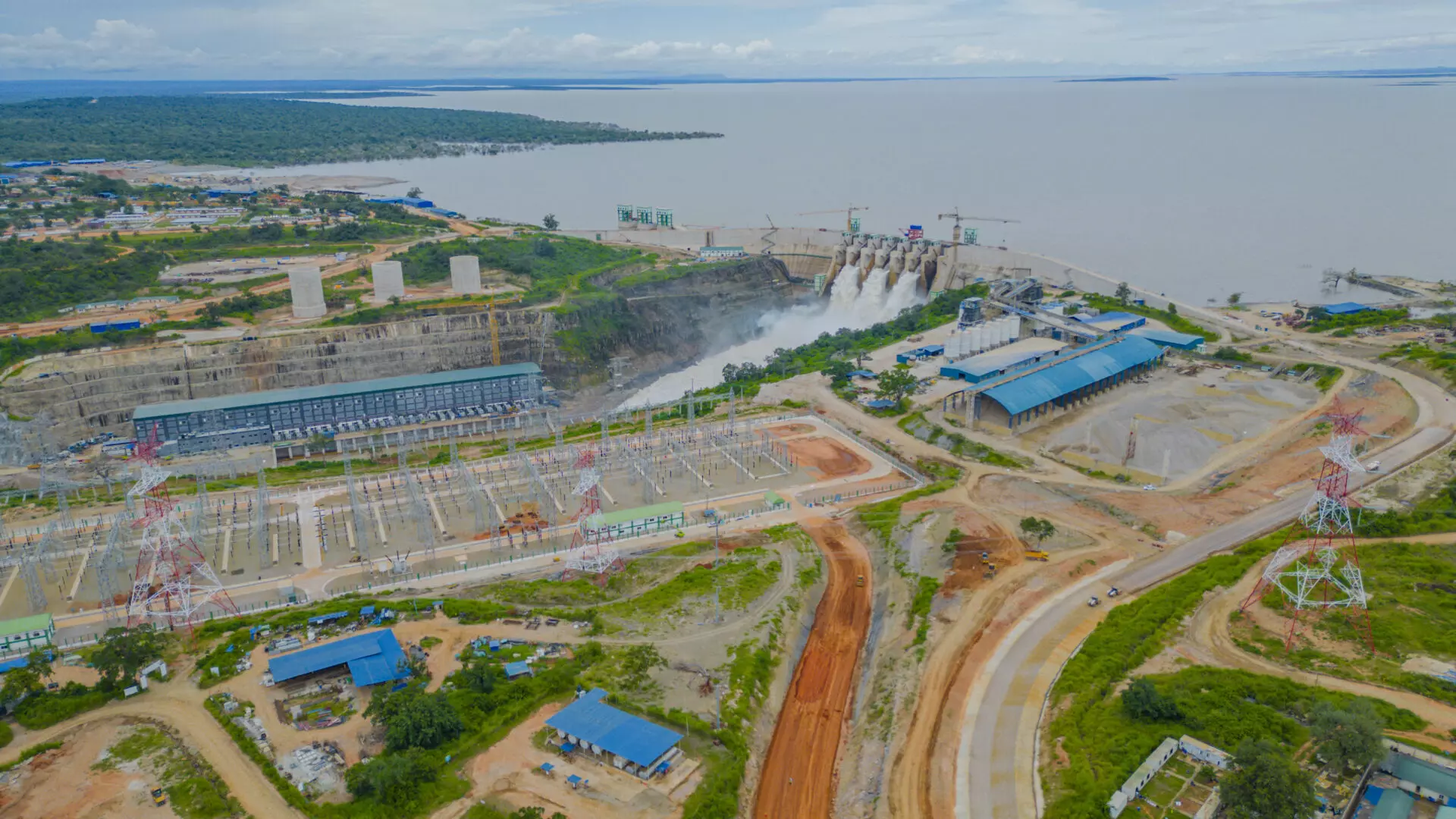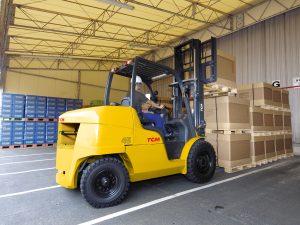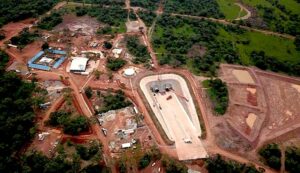Accelerating Women’s Representation In Mining
By its nature, mining is not women friendly. The hard toil of physical exertion, often in darkened caves or excavated ground, the hazardous risk of earth tremor burying buries deep into the earth proves the point. However, as world evolves and dimensions of mining industry widens to technology innovation, consultation, advocacy, policymaking, office paper-pushing etc. there are opportunities for women to come onboard.
And for quite a while, women have been gravitating slowly to the sector, although it hasn’t been easy.
Institutions such as Women In Mining (WIM) via its Women In Mining (WIM) 100 which recognizes trailblazing women in the global mining industry, who are changing the face of the industry and inspiring other women entrants into the industry, help in not only highlighting women in mining but creating multi-networking through WIM 100 publication amongst the recognized females that needs to happen to accelerate women’s increased presence in the industry.
Nabbing a place on the 2022 WIM 100 Global Inspirational Women, for the increasing and advancement of women in mining in South Africa is Neo Molelekeng. The Group, Chairperson, Women In Mining, South Africa, via her forum are ensuring a gender equality industry that is inclusive of women. The group hosts a number of initiatives that focuses on the development of women in the mining industry, ensuring they have a sense of belonging and that the values they bring to the industry are recognized.
The work forums and organizations as Molelekeng’s are doing in South Africa have seen major improvements in the representation of women in South Africa’s mining sector, through government and mining companies’ dedication to the inclusion of women in the space.
Mining
These include government’s provision of Women in Mining Advisory Committee under the Mine Health and Safety Council of South Africa. The committee is provided to women to drive all initiatives that addresses the challenges of women in mining, and to initiate programmes that must be implemented; which yielded in the publication of the three Mandatory Code of Practices for the mining industry being implemented by the government. There is also the Women In Mining Leadership Forum that exists within the Minerals Council; and the seven foundational measures that all mining houses must implemented. Companies are effectively submitting themselves to being audited by the Mineral Council to ensure effective implementation of those measures. Likewise, via the Women In Mining Leadership Forum, women are tasked to vocalize and hold their mining houses accountable.
This is more than the Nigerian Mining Industry has done for its women in the space. But Molelekeng raised another crucial issue, one that women in the mining sector, and other industries, the African and global society battle, gender-based violence (GBV) and Femicide. She noted that everyday women and children are killed as a result of GBV and sexual abuse in the mining sector and across societal stratas.
The narrative, she said must shift from creating awareness and teaching women about the mining industry and sexual and GBV to implementing drastic penalties to SGBV offenders (from jail sentences, death penalties to stricter sanctions) to prevent instances as the raping of women and babies.
“I do believe that we have to continue those collaborations as well with our male counterparts. This becomes more about men leading to solve or initiate those conversations that must happen.
“Like I said, it should be about actual sanctions that is what we must work towards. We must ask what is the right penalty to administer as a nation against such crimes? Because what good is it that we have such a great constitution but women and children are dying everyday?” queried Molelekeng.
read the original article here
Share this content:
